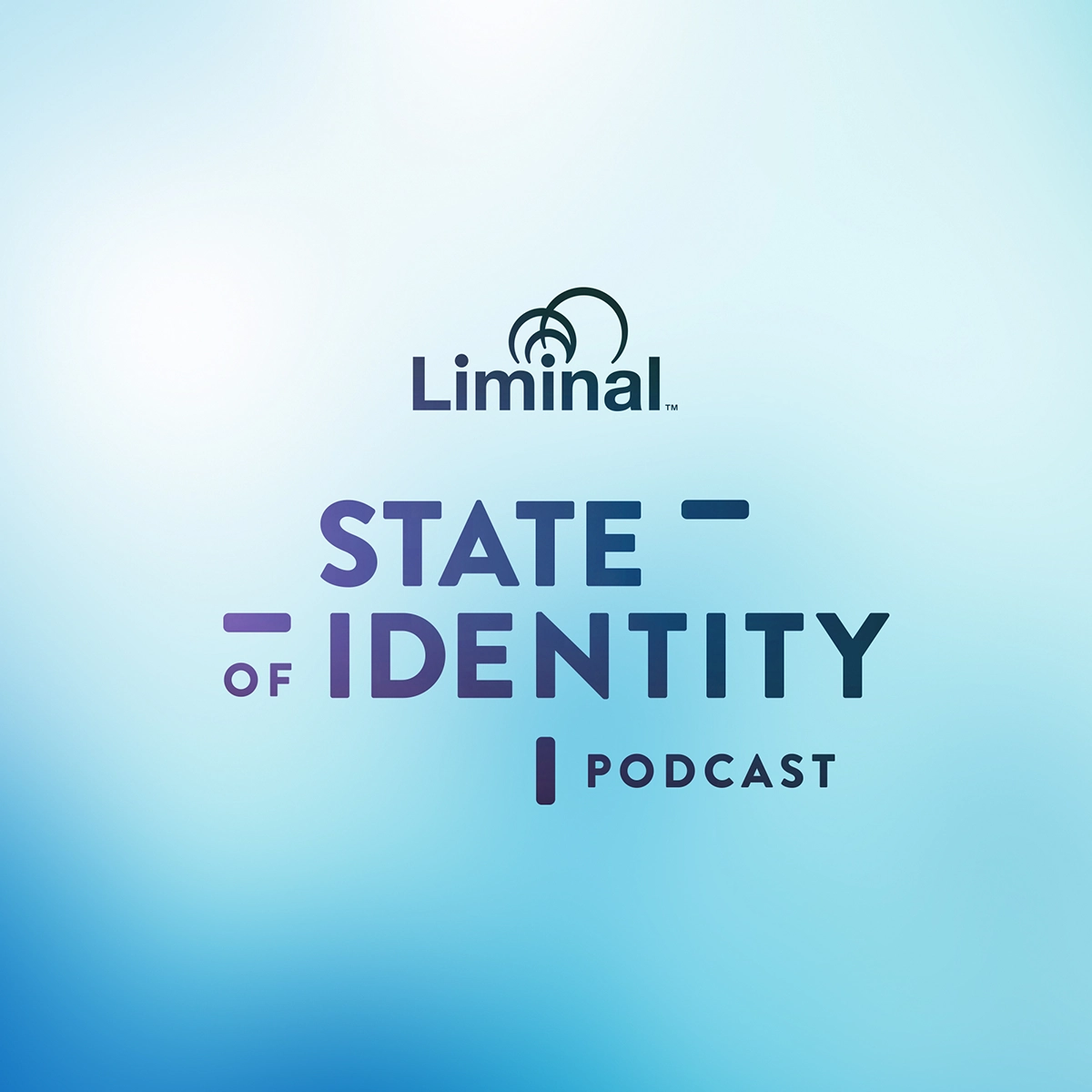On this week’s State of Identity podcast, host Cameron D’Ambrosi and Russ Cohn, General Manager, International at OCR Labs dive into the growing digital identity space. They discuss why digital identity is breaking out of pigeonholes around risk and compliance that have been held for so many years, and how OCR Labs is differentiating itself among a crowded field of competitors in the IDV and Doc space.
PODCASTS

06/23/22
Build to Verify
Hosted by
Cameron D'Ambrosi
Senior Principal at Liminal
Guest
Russ Cohn
General Manager, International at OCR Labs
Links
